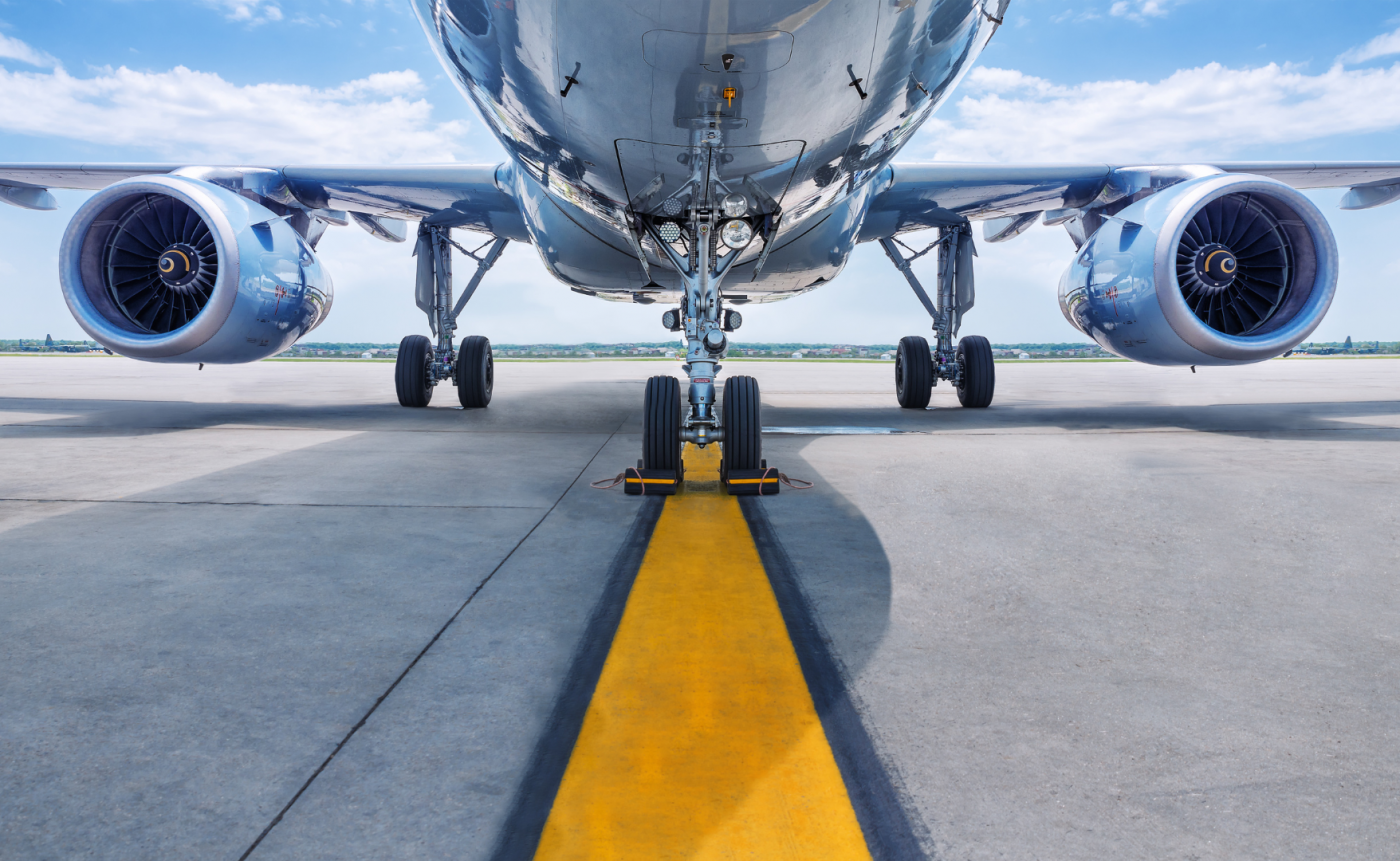Sustainable Aviation Fuel (SAF): Opportunities and Risks for investment

This SIG White Paper was produced by Forvis Mazars and Infrastructure Canada, members of IPFA.
The aviation sector is a significant contributor to global greenhouse gas emissions, accounting for roughly 2-3% of total CO2 emissions worldwide. As international travel has rebounded post-COVID-19, aviation-related emissions have surged, reaching nearly 800 Mt of CO2 in 2022, according to the International Energy Agency (IEA). Air travel is expected to continue to increase nearly three times the 2015 levels by 2050. Although aviation fuel demand is increasing at a lower rate than passenger-miles, mainly due to improvements in fuel efficiency, we can still expect the emission levels to increase substantially if no measures are taken to decarbonise the aviation industry.
Sustainable Aviation Fuel (SAF) is considered a pivotal solution to decarbonising the aviation sector. SAF is currently derived from sustainable feedstock sources such as waste oils (i.e. used cooking oil, tallow), which can reduce lifecycle CO2 emissions by up to 80% compared to traditional jet fuels.